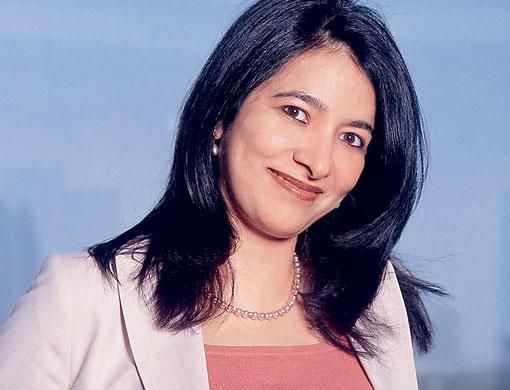Dubai: The reality that an image of a camel's gnarled front legs and weather-beaten toenails can encourage people to use a certain credit card makes clear how innovative advertising is priceless.
The above-mentioned picture greeted RAKbank credit card holders over the last Valentine's period and encouraged women to put the pedicure on the plastic.
During an economic slowdown, most companies will rush to cut advertising budgets for instant saving. However, as some resolutely retain their campaigning and keep budgets steady or even increase them, many in this camp are gaining inspiration.
Certain companies are embracing the economic slowdown and credit crunch as a thematic opportunity for their message to prospective customers. The results can be quite entertaining - and profitable.
During an economic downturn companies need a unique message and an innovative way of getting it across, explains Piyush Mathur, Neilsen's regional managing director. "You need to get into the consumer psyche," he said. "Right now generally we can say that consumers are seeking value."
An example he uses is an ad by Ariel washing powder which was broadcast in Egypt. It was so apt that the government took up the idea and used it as one of their campaigns. The product, said Ariel, is so effective that you can wash your clothes at 30 degrees and make a considerable saving on electricity.
The ad shows a savy mother who can effortlessly wash her family's clothes while smiling at the modest meter reading. "In the past Ariel would have advertised along the lines of a mother who is caring for her family - the emotional line," said Mathur. "Now it is value for money."
That value for money aspect is driving many campaigns and, as a result, advertising is often focused on price rather than product these days. "The market that is saturated is the market that is driven on price," said Duncan Daines, head of strategy at Start Creative, a London-based branding and advertising company that works with UAE companies.
As a low-cost airline, Sharjah-based Air Arabia is well-placed to take advantage of this new strategy. "They (advertisers) are now advertising prices rather than luxury and first class," said Housam Raydan, the carrier's corporate communications manager.
Marks and Spencer are also stepping up advertising and believe the best way to respond to the new consumer psyche of price awareness is not to launch new special offers, but to lower prices permanently. "It's not a sale," said Natasha Tulsi, the UK-based retailer's marketing manager for the Gulf. "We have permanently lowered our prices."
As well as spicing up advertising campaigns, some companies are going further and embracing the slowdown in their advertising, with a humorous spin on the subject.
RAKbank has been openly addressing the credit crunch in its flyers, billboards and broadcasts for some time now.
The aforementioned drive during the Valentine's period also reached out to men, with an image of a wilted, sad looking rose above the slogan 'Don't let the credit crunch ruin your love life'. The promotion encouraged partners to use their credit cards to buy jewellery.
Banali L. Malhotra, the bank's head of marketing, explained their advertising principles, as the four C's: crystal clear, confident, cheeky and combative.
Last year saw 'RAKman' to the rescue of those whose loan applications were being denied.
This year their main theme is very simple: 'Yes, we are open'. The bank's business adviser, David Martin, explained that the message they aim to convey this year is that, while other banks are tightening their lending dramatically, at RAK are not, so it's business as usual.
Credit crunch or no credit crunch, innovative advertising is certainly needed these days, experts say. Not only are markets competitive battle grounds, but a new breed of consumers is challenging the sharpest business minds.
Whereas the 'baby boom' generation of consumers played it safe with brands they bought, a younger generation is more discerning, explained Start Creative's executive creative director, Darren Whittingham.
"The 16-year-olds are a more dynamic group of consumers," said Whittingham. "This creates a really interesting challenge to companies and advertisers. So organisations have to become more savy."













